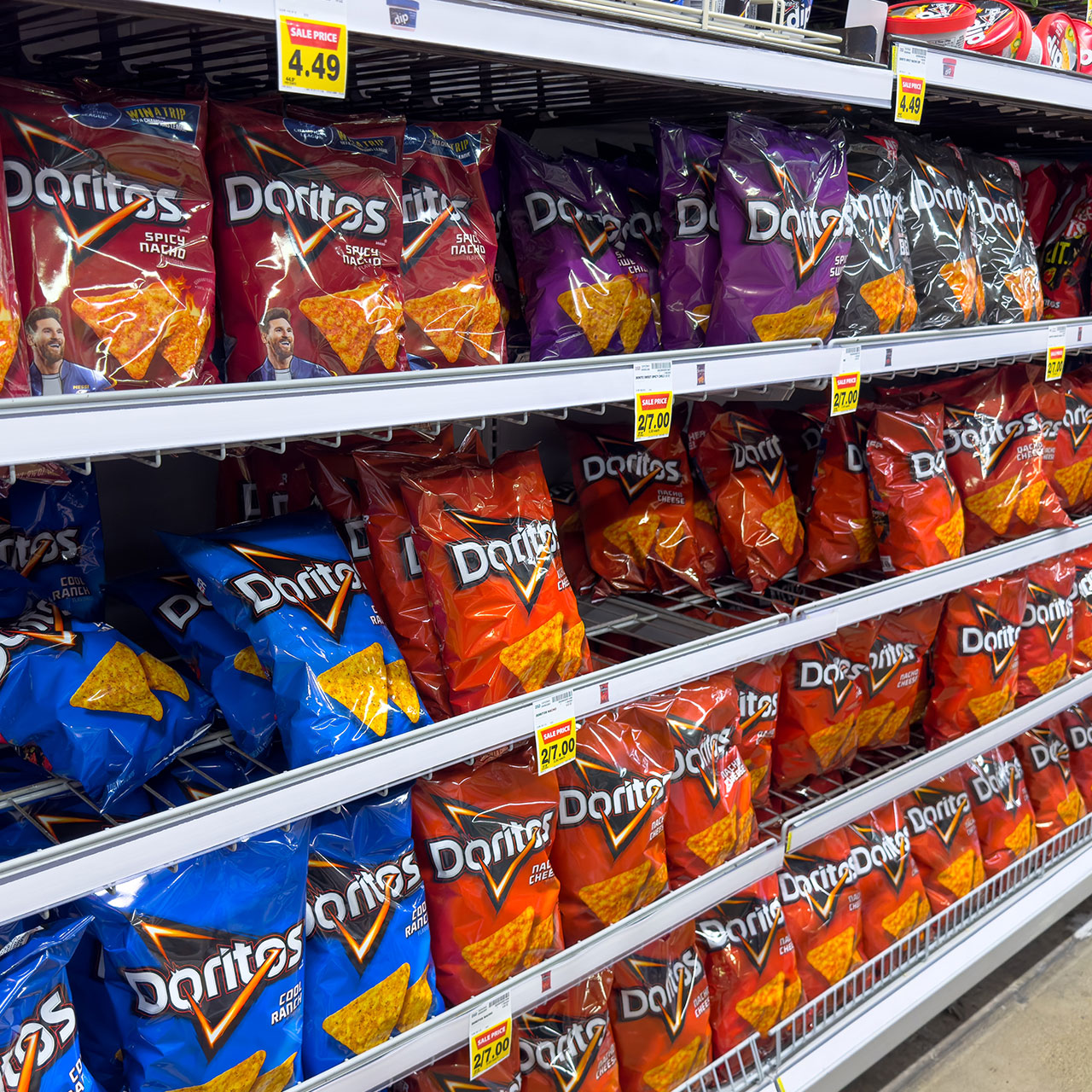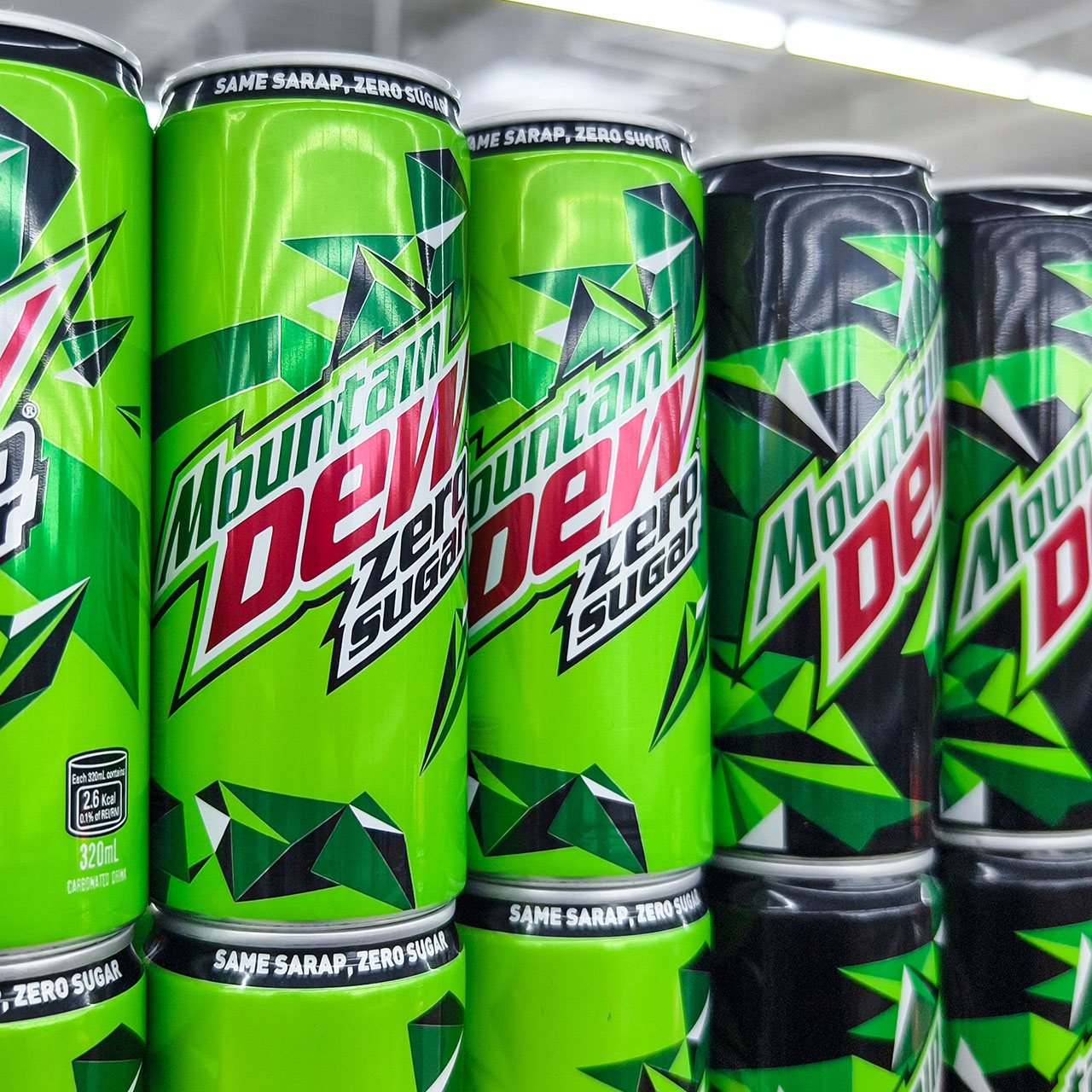Carbohydrates are a fundamental source of energy for the body, categorized into simple and complex forms. However, not all carbs are equal, and refined, processed carbohydrates, such as sugary snacks and white bread, can lead to rapid spikes in blood sugar levels. These fluctuations can contribute to increased hunger, cravings, and weight gain over time.
We spoke with Jesse Feder, RDN, CPT, to learn about three of the worst carbs when it comes to blood sugar levels and body weight. Feder revealed that carbs such as bagels, muffins, and candy are the ones to avoid.


Bagels
Typically made from refined wheat flour, bagels lack the fiber found in whole grains, causing a rapid surge in blood glucose after consumption. This spike prompts the release of insulin to regulate blood sugar, potentially leading to increased fat storage. Additionally, the calorie density of bagels can be high, and their consumption may not provide the sustained feeling of fullness that comes with more fiber-rich, nutrient-dense options.
"Bagels are a very dense refined carbohydrate with around 50g of carbs per bagel. They are made typically with high glycemic flour which is digested quickly and can spike your blood sugars. Additionally, the high carb content is what gives bagels hundred of calories which can lead to an increase in body weight," says Feder.

Muffins
Muffins, often perceived as a convenient and tasty snack or breakfast choice, can contribute to spiked blood sugar levels and increased body weight due to their typically high sugar and refined flour content. The refined carbohydrates in muffins are quickly broken down into glucose, causing a rapid increase in blood sugar levels. This prompts the release of insulin to regulate blood sugar, which may lead to increased fat storage over time.
"Muffins are high in refined carbohydrates, sugars, fats, and calories. The high amount of sugar and carbs can lead to spikes in blood sugar levels. The high calorie and fat content can set you back hundreds of calories and lead to weight gain," Feder notes.

Candy
Feder highlights that "candy, while people may not think of it as a carbohydrate, is made mostly from carbs. They are usually very high in sugars and syrups which can lead to spikes in blood sugar as well as increases in body weight."
When consumed, the rapid influx of sugar from candies causes a quick surge in blood glucose, triggering the release of insulin to bring levels back to normal. The repetitive cycle of blood sugar spikes and subsequent insulin release may lead to increased fat storage over time. Additionally, candies are often low in essential nutrients and high in empty calories, contributing to an overall unhealthy diet.


























